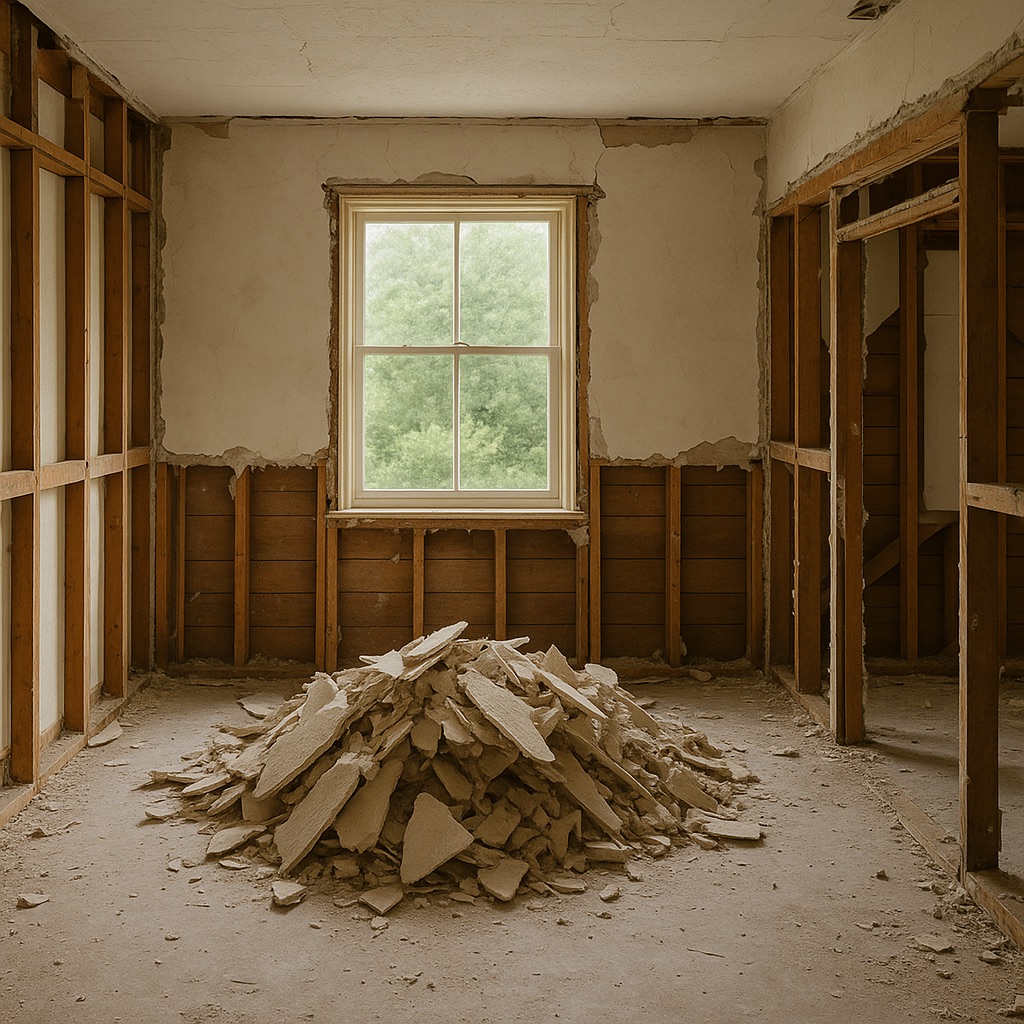Last updated on
Becoming a landlord can be rewarding in lots of ways. To set yourself up professionally and legitimately, there are factors to put in place before you find your first tenants.
The process is guided by the type of property and tenancy on offer, and how involved you want to be when it comes to managing the arrangements.
So, if you are considering taking up the landlord mantle, here are some vital facts to make sure it all runs smoothly.
Table of Contents
Explore a Tenant Management Service

Many letting agents offer a management service for landlords. They take care of finding suitable tenants, performing reference and right to rent checks, and continue to manage the property on your behalf.
Should there be any maintenance that needs to take place, the letting agent will organise this at your behest. There are lots of advantages to using a deal like this, though it is worth noting that there will be a fee to pay if you take this route.
This takes the stress away from managing all the nitty gritty details that come along with renting out your building, and you are able to opt for as little or as much control as suits your needs.
Inform Your Mortgage Provider

Letting a property changes the scope of a mortgage agreement. It is your responsibility to inform a mortgage provider, if one is in place, to ensure you don’t face a penalty. There are certain rules to follow, and even specific mortgage options tailored to this arrangement.
Purchase Landlord Insurance

Purchasing landlord insurance is a no-brainer. Without it, you are left vulnerable and many countries demand it as a part of renting regulations to keep the industry safe and legal.
There are different types of landlord insurance to explore, all of which provide varying degrees of coverage. Find insurance to protect against the following risks.
- A tenant failing to fulfill their rental obligations. Sometimes, renters are unable to pay the fixed monthly price as per the tenancy contract. This leaves landlords in a tricky situation. Not only will you lose out on the remunerative benefits, but your business model is compromised heavily when tenants fail to pay.
- Damage to a rental property. Accidents happen, and sometimes they lead to costly damage in a building. These unexpected expenses are impossible to prepare for, and this is why contingency plans in the form of a protective policy are essential.
Understand Your Obligations
As a landlord, you will have certain obligations to uphold. Alongside the typical deposit protection and maintenance upkeep, there are a few other factors to think about.
Safety
Ensuring that the building is up to date with legal regulations is vital. There are two key areas that this applies to.
Gas and Electric
The building must have a current gas safety certificate and electrical safety certificate too.
Fire
You have to show that the property is in line with fire safety speculations.
Renting out your property is a well-established way to generate income. If you are in a position to become a landlord, it is in your best interest to understand the process fully.




